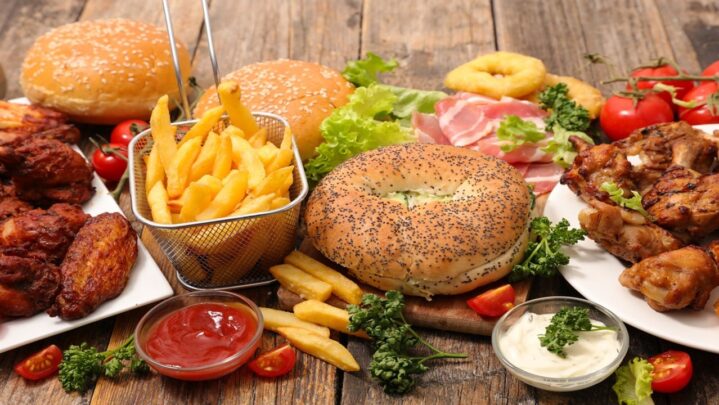The impacts of specific nourishments on our minds make it difficult for certain individuals to maintain a strategic distance from them. Food fixation or addiction works just like all other addictions, which clarifies why a few people can’t control themselves around specific food items; regardless of how diligently they attempt not to eat it. Regardless of not having any desire to, they may consistently wind up eating a lot of undesirable nourishments; realizing that doing so may cause trouble.
Symptoms of food addiction: –
- Craving for your favourite food item, despite having just eaten a wholesome meal.
- Not realising that you are already full and still keep eating.
- Feeling guilty about eating too much and regretting it.
- Hiding food from others and secretly eating it.
- Making excuses to keep eating more food.
A couple of things can help get ready for letting go of shoddy nourishments and make the progress simpler:
- Triggering food items – Record a rundown list of the nourishments that cause desires and temptations. These are the trigger nourishments you have to evade totally.
- Inexpensive food places – Create a list of fast-food outlets that serve good nourishments and note their solid alternatives. This may forestall a backslide when you are hungry and don’t wish to cook.
- What to eat? – Consider what nourishments to eat; ideally healthy food sources that are loved and right now eaten routinely. Try feeding more on fruits and vegetables.
- Disadvantages list – Make a list of all the disadvantages you face due to overeating or food addiction and make a few copies of it. Keep each copy in different places like drawers, wallet or your handbag.
Also, don’t start a better eating routine right away while you are dealing with food addiction. Put weight reduction on pause for 1–3 months. Beating food addiction is sufficiently troublesome. Adding yearning and limitations to the blend is probably going to make things harder for you.





